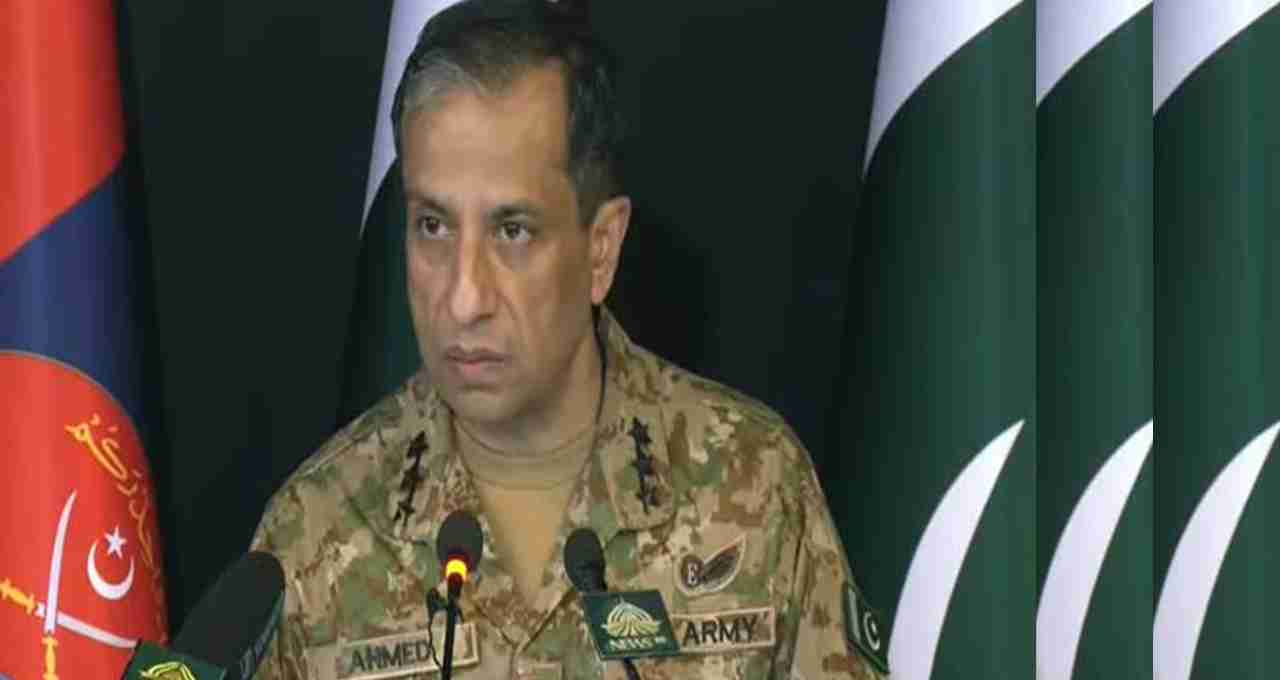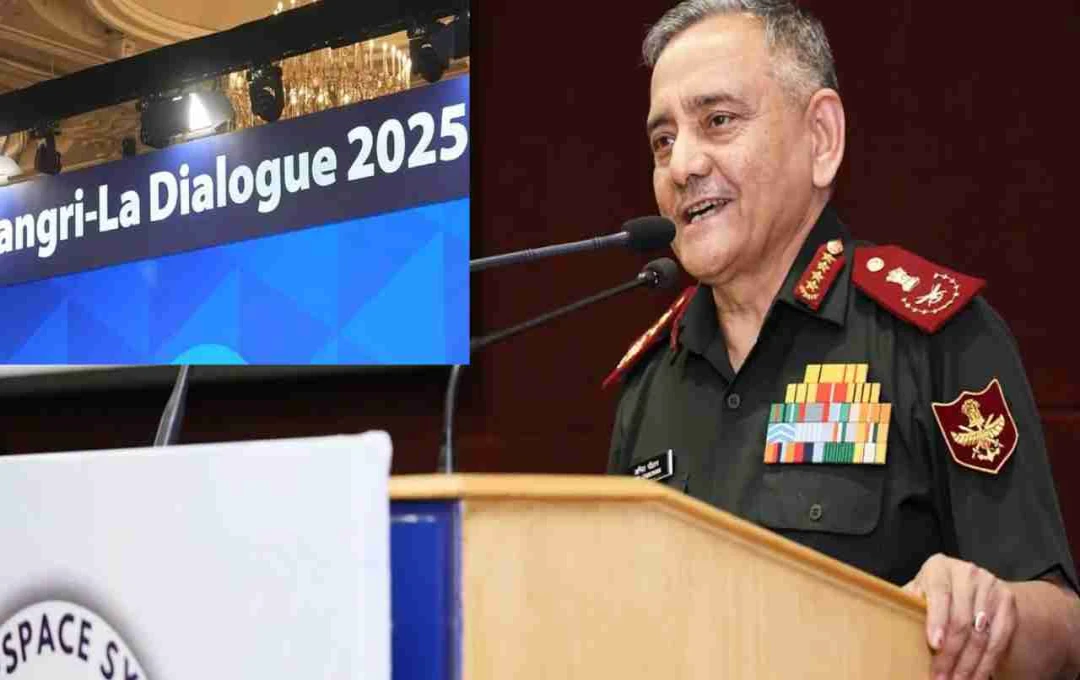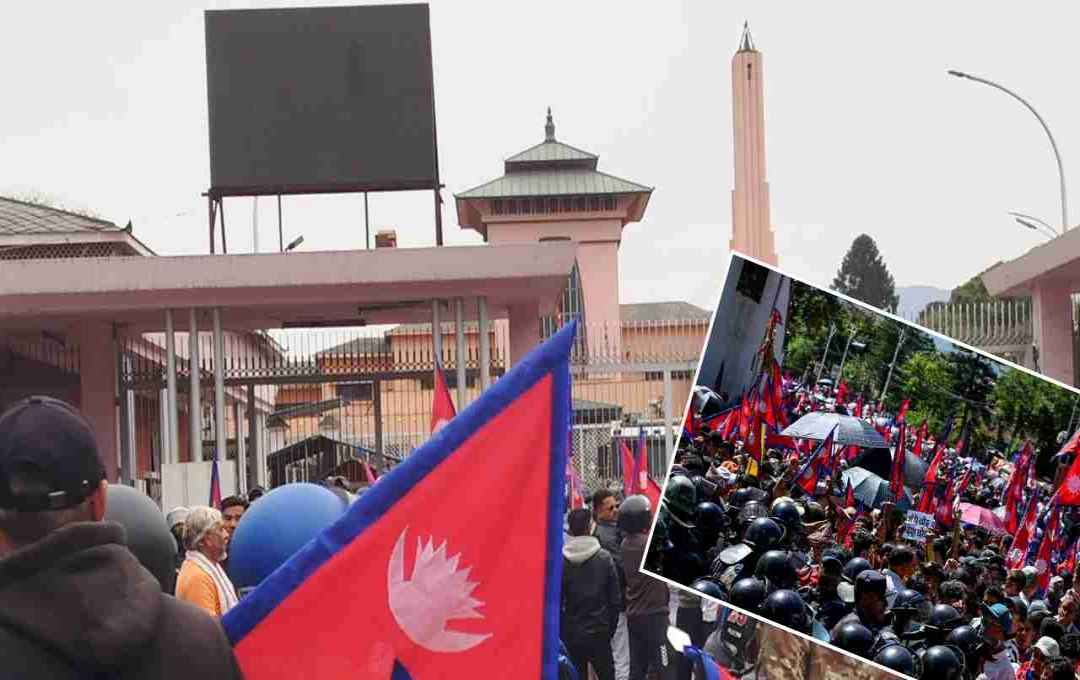Pakistani General Threatens India: 'Stop the Water, We'll Stop Your Breath.' India Responds with Operation Sindhur, Eliminating 100 Terrorists in Air Strikes.
Pakistan: Recently, Pakistan's military spokesperson, Lieutenant General Ahmad Sharif Chaudhry, issued a provocative statement against India, echoing the rhetoric often employed by Lashkar-e-Taiba chief and global terrorist Hafiz Saeed. Chaudhry made this statement during a speech at a Pakistani university, directly threatening India: "If you stop our water, we will stop your breath."
The Root of the Dispute: The Indus Waters Treaty
The 1960 Indus Waters Treaty, mediated by the World Bank, governs water sharing between India and Pakistan, allocating water from the Indus River and its tributaries. However, following terrorist attacks on India, particularly those linked to Pakistan, India has repeatedly asserted that "blood and water cannot flow together."
India's Strong Response Following the Pulwama Attack
Following a terrorist attack in Pulwama, Jammu and Kashmir, on April 22nd, which resulted in the martyrdom of Indian soldiers, India announced the suspension of the Indus Waters Treaty the following day. India made it clear that cooperation under any treaty or agreement would remain suspended as long as Pakistan continued to support cross-border terrorism.
Simultaneously, India closed the Integrated Check Post at the Attari border and halted all forms of dialogue with Pakistan. This decisive action signaled India's unwavering resolve to no longer tolerate terrorist attacks.
Operation Sindhur: India's Major Counter-Offensive

India not only issued warnings to Pakistan but also launched a counter-offensive, codenamed 'Operation Sindhur,' on May 7th. In this operation, the Indian Air Force conducted air strikes on nine bases of Jaish-e-Mohammed, Lashkar-e-Taiba, and Hizbul Mujahideen in Pakistan and PoK.
These strikes completely destroyed Jaish's headquarters in Bahawalpur and Lashkar-e-Taiba's base in Muridke. The operation resulted in the confirmed deaths of over 100 terrorists, inflicting a significant blow to Pakistan's terrorist network.
Pakistan's Failed Counter-Offensive
Frustrated by India's strikes, Pakistan attempted a swift counter-offensive, but the Indian air defense system successfully intercepted Pakistani drone and missile attacks. Furthermore, the Indian Air Force neutralized Pakistan's air defense system for 23 minutes and conducted surgical strikes on 11 airbases.
India precisely targeted Pakistani airbases such as Sargodha, Noor Khan, Jacobabad, and Rahimyar Khan, exposing their military capabilities. Pakistan's strategy once again proved unsuccessful.
A Strategy that Brought Pakistan to its Knees
The precision and scale of India's counter-offensive compelled Pakistan to request a ceasefire within just two days. While Pakistan appealed to the United Nations and other global forums, India clarified its adoption of a 'Zero Tolerance Policy' against terrorism.













